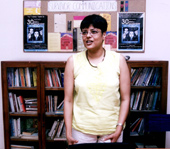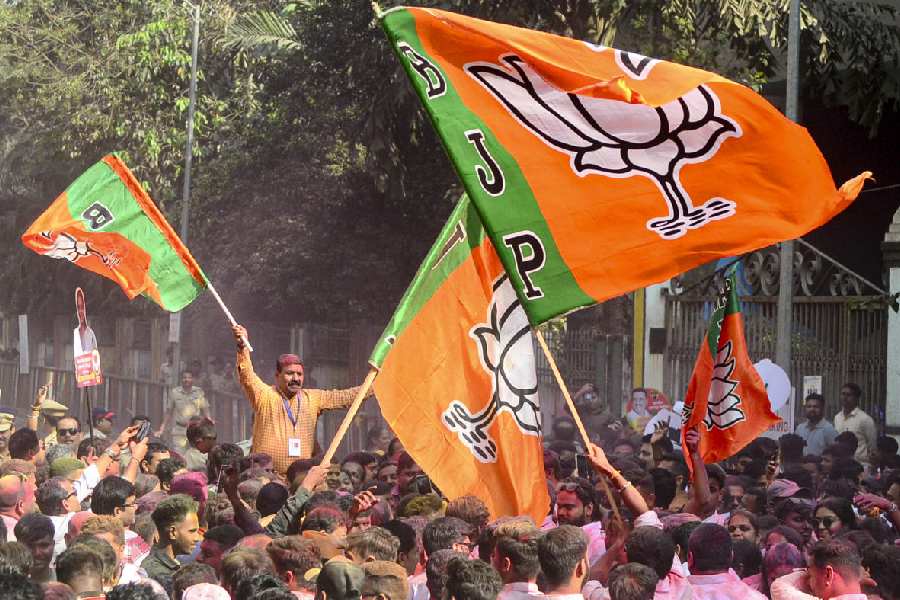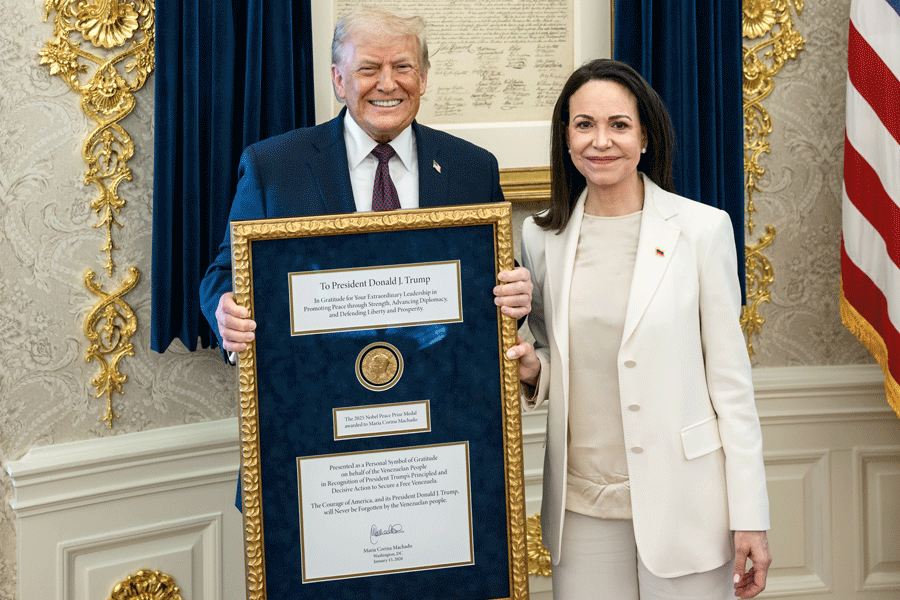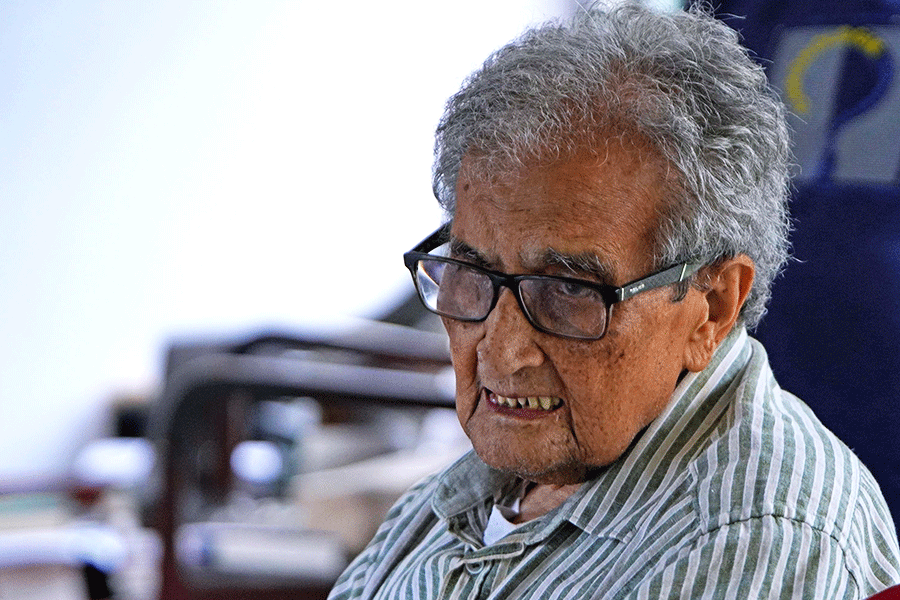 |
| HEAD ON HER SHOULDERS: Anuja Gupta in her office in south Delhi’s Kalkaji Photo: Jagdish Yadav |
Everybody says she’s fine. Or thinks she is. She’s boisterous by day, socially active by night, her dad’s well-heeled, and she does whatever she wants, including chopping off her hair and wearing wings with her dress to a party. She’s fine. Until her boyfriend Xen realises there’s something seriously wrong with her.
In the film Everybody Says I’m Fine, Nikita is a victim of one of the most untalked-about crimes in the world — incest. And it’s a miracle someone finally realises what she’s going through at the hands of her father. Most women aren’t that lucky.
Which is why Anuja Gupta’s NGO and counselling centre, Recovering And Healing from Incest (RAHI), is launching its Girl Next Door campaign this year. The peer-education programme will consist of a series of workshops held in colleges and schools to raise awareness of incest and child sexual abuse (CSA), and will teach students — who in turn will become educators — to recognise their victims. “We are trying to break certain myths here. The campaign will give a whole new outlook on the profile of adult survivors of incest, and how to recognise them,” says Gupta.
In her light green shirt and white trousers and with cropped hair, Gupta — single and in her early 40s — is seated in her spartan office in south Delhi’s Kalkaji. The founder of RAHI, looking quite the confident social entrepreneur she is, has had many an accolade come her way. She started RAHI in 1996 with the help of the prestigious McArthur Foundation Fellowship, of which she was one of the first recipients in India. The fellowship is given to individuals who want to start something socially meaningful. But she insists she just “got lucky”. Her NGO is now funded by the Ford Foundation. Gupta was also the Ashoka Innovator Of The Year, 2002, an American Fellowship considered one of the highest honours among social workers.
But for a woman who’s been drowned in laurels for her work, Gupta’s start was relatively very small. After studying at the Modern High School and Loreto College in Calcutta, she taught Hindi and Sanskrit at a local school in Calcutta before moving to Delhi. The one connection between her and social work was that her mother was part of an NGO called Jabala in Calcutta which worked with sex workers, and her brother Siddharth Gautam was an activist who worked with HIV-positive people in Delhi.
“I taught French at the Alliance Francaise and volunteered to work with my brother after I came here,” reminisces Gupta.
But life can take strange turns. Gautam died of cancer, and Gupta felt it was her moral duty to take his good work ahead. “But after five years at Alliance, I was restless. And I felt that my brother’s line of work wasn’t exactly my calling. I needed to do something that was more meaningful to me,” says Gupta.
Those days Gupta and her friend, Ashwini Ailawadi, who is with RAHI as well, were working with a de-addiction programme. As social workers, the two often came across tales of incest or CSA that the women would narrate about themselves. “When Ashwini and I compared notes, we found that there were too many such experiences for us to ignore,” she says. Gupta reveals that most women alcoholics, for instance, have been victims of CSA.
That’s when she decided to start RAHI. “I was sitting in my barsati in Green Park one day with Ashwini, and we were talking. Just like that, I got up and said, this is what I’m going to do. I’m going to help these women make something of their lives,” she explains. But her initial efforts were met with derision. “Our focus was on urban, educated, middle and upper middle class women. Medical professionals and feminists alike would not admit to incest and CSA being in existence in educated homes. They asked us for proof,” says Gupta.
Gupta started working on CSA with the help of her McArthur Fellowship — but it wasn’t easy. For one, a climate had to be built which would recognise the widespread prevalence of CSA in middle-class homes. The victims themselves had to come forward and speak out against abuse. And adult survivors had to shed the trauma of being a powerless, unwilling participant in abusive acts in their childhood.
Using 600 respondents from the metros, RAHI conducted a survey in 1998, mainly to prove to itself and others that CSA was all-pervasive. The outcome, compiled in a document called Voices From The Silent Zone, is one of the most explosive documents on CSA to date. It established that 76 per cent of Indian urban educated women suffered sexual abuse in some form before the age of 18. Of these, 29 per cent were victims of stranger molestation, or had been abused by people they didn’t know. Of the remaining 71, a staggering 40 per cent of the respondents said they had been victims of incest, that is, sexual abuse by a parent, sibling or a relative.
Thirty-one per cent said they suffered child sexual abuse by people they knew and trusted, but who were not related to them. “Statistics may have changed by now, but at that time, even with such a small sample, the figures were tell-tale,” says Gupta. The survey revealed, without a shred of doubt, that CSA existed, and someone had to stop it.
Awareness was the next hurdle that Gupta had to encounter, this being a subject no one wanted to speak about. She decided to record testimonies of 16 adult women who were willing to speak, and compiled five of the narratives in a book called The House I Grew Up In in 1999. The five stories were an eye-opener in themselves, highlighting abuse ranging from extreme sexual repression by an authoritative parent to paedophilia to a warped brother-sister relationship.
In 2000, RAHI staged India’s first play on incest. Written by Mahesh Dattani, 30 Days In September was staged all over India, premiering at the Prithvi Theatre in 2000 with a powerful star cast of Lilette Dubey, Nandana Sen and Joy Sengupta. “Since then, many plays and films have come up with this as subject,” says Gupta.
She herself was recently invited to discuss a play called Tattoos, staged by students of Delhi’s Kirorimal College this year. Pinky Virani’s Bitter Chocolate has been widely read. Even Mira Nair’s film Monsoon Wedding, where an adult survivor of incest rescues a child from further damage, fleetingly dealt with the subject.
There has been talk — and now there is action. RAHI has already started educating college students to recognise victims of incest and to help them heal. A survey last year revealed that more then 71 per cent of students have experience of incest and CSA. And that gave RAHI the idea of outreach programmes like Girl Next Door.
The campaign helps to break certain myths about CSA survivors. “Most of us are used to perceiving victims as helpless, weak creatures. Victims of CSA are hardly that. They are women with a reputation, the paka girls of the class,” explains Gupta, who grew up in Calcutta. “They learn to use their sexual power at a very young age.” Gupta and her team will teach students to recognise such traits.
Healing comes next. RAHI has organised group activities to steer survivors away from the feeling of isolation. “We invite them to share each other’s experiences, educate others on the subject, or to simply come to our centre and read about it. They have to come to terms with their trauma themselves. We can only facilitate the healing,” she says.
Gupta’s efforts are still met with speculation. “Most people think prevention of CSA is more important than healing the survivors. They do not realise that it is through the survivors that we can control this crime more effectively,” she rues. For it is the adult survivors who can recognise victims and the abusers more easily, having been sensitised to the crime themselves.
RAHI — a ‘traveller’ in Hindi — is on a long journey. And Gupta will tell you there is light at the end of it.
(RAHI can be contacted at rahi@vsnl.com or 011-26227647)










